Welcome to the Optical Spectroscopies on Plasmonic and Semiconductor Nanostructures Group

The main research lines of our group pertain to the Optical Spectroscopies on Plasmon Metal Nanostructures. Our aim is to contribute to the advance of knowledge through fundamental multidisciplinary research in the field of surface-enhanced optical spectroscopies (SERS, SEF, SEIR) on metal nanostructures supporting plasmon resonances, and, through theorical models, to the understanding of the electromagnetic processes involved. In particular, the following specific objectives will be pursued:
Experimental Objetives:
Surface-enhanced Optical spectroscopy on new metal nanostructures (nanoshells, trimer/dimer nanoantennas, nanostars, modified electrodes, etc.) that spectroscopy sensitivity and or/substrate fabrication improve.
Modification of the chemical properties of nanoparticle interfaces by functionalization in, order to fabricate nanosensors. Applications of this nanosensor devices to the analysis of polluted waters and drugs.
Spectroscopic characterization of molecules of interest in Cultural Heritage: ancient and new artificial building materials, pigments and binding systems.
Implement Drug/Biomolecule spectroscopic recognition schemes and applications to antitumoral drugs and radical scavengers with special effect in human aging processes.

Theoretical Objetives:
Theoretical research of the electrodynamic response of a variety of metallic nanostructures, isolated or in planar arrays (metasurfaces), with special emphasis on the impact of the plasmon and magnetic dipolar resonances on the mechanisms of: Fano resonances and bound states in the continuum, and enhancements of the Raman and the fluorescent emission of neighboring molecules.
Theoretical Nanophotonics, more in detail we research on topological photonics, whose key feature is the presence of surface states immune to disorder and impurities. We study these unusual properties in nanophotonic systems with a plethora of new applications and insights into physics. We aim to control the propagation of light at the nanoscale level and "spin-momentum-locked". All these concepts are in principle completely unrelated to photonics and, definitely, new physics are expected to emerge with promising applications, especially the connection with photonic circuits with spin polarization modes and quantum optical devices.
Condensed matter theory, we are interested in novel light-matter interaction problems where unusual phenomena take place.

Research Lines
Experimental Research Lines
- Nanofabrication
- Functionalization of metal surfaces: Nanosensing
- Interaction Nanoparticle / Biomolecules
- Intensified by plasmonic nanostructures fluorescence (SEF)
- Ultrasensitive detection of substances used in sports doping
- Applications in the Cultural Heritage
Experimental Research Lines
- High Refractive Index Nanoparticle Resonances
- Topological Nanophotonics
- Photonic Bounded in the Continuum States
- Nanostructure enhanced: Raman / Fluorescence / Photoluminiscence
- Metamaterials
- Casimir Forces
- Graphene Plasmonics
- Transparent Metal Metamaterials
Permanent Scientific Staff
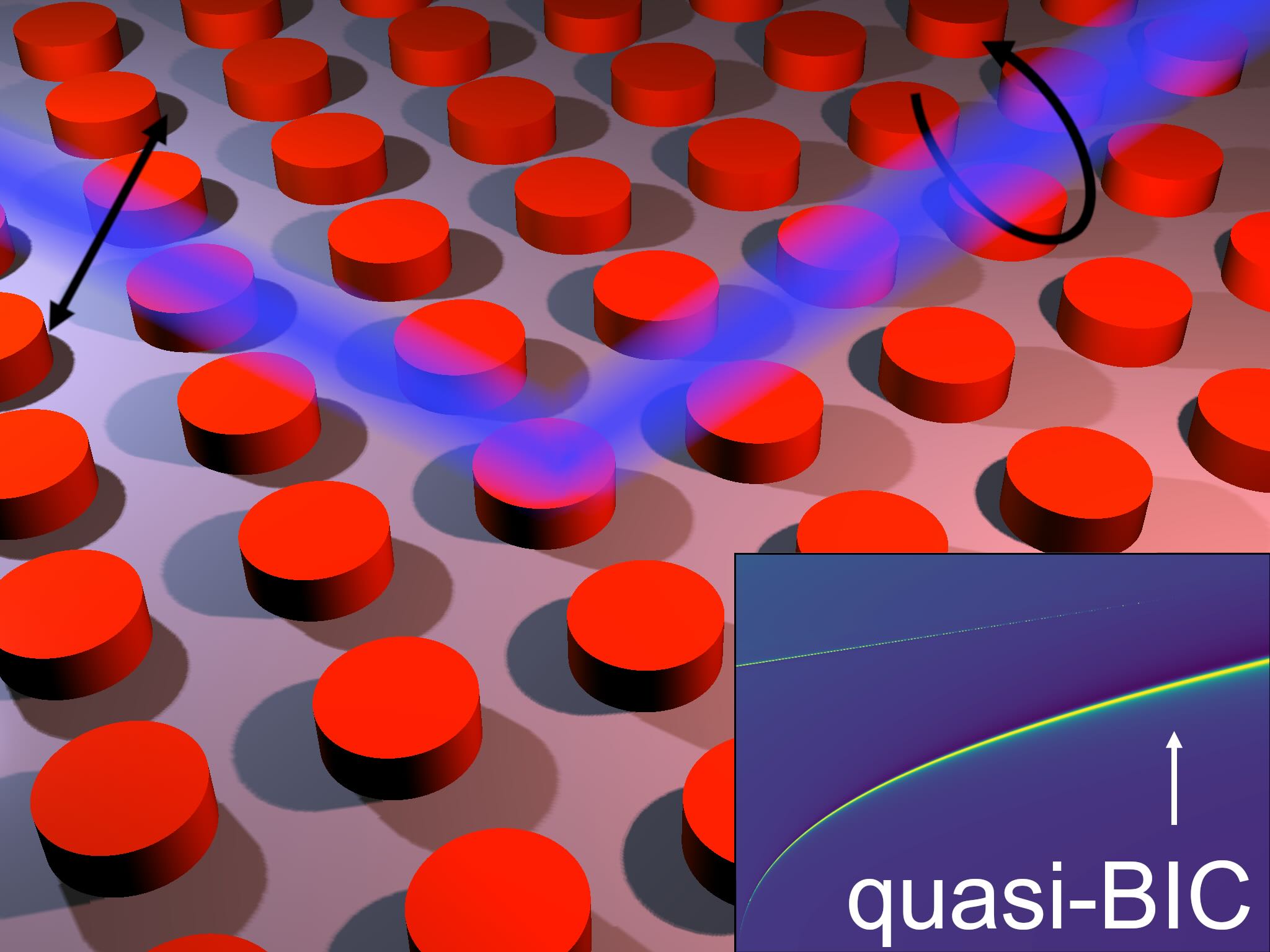
Plasmonics, Metamaterials & HRI Dielectric Photonics
José Antonio Sánchez Gil
Scientific Researcher
| j.sanchez@csic.es | |
| Phone | +34 91 5616800 ext 942219 |
| webpage | Here |
| fax | +34 91 5645557 |
| office | 224 |

Spectroscopic characterization of molecules of interest in Cultural Heritage
Sagrario Martínez Ramírez
Tenured Scientist
| sagrario@iem.cfmac.csic.es | |
|---|---|
| Phone | +34 91 5616800 ext 942206 |
| webpage | Here |
| fax | +34 91 5645557 |
| office | 222 |
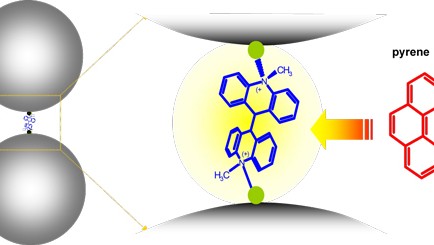
Surface-enhanced Optical spectroscopy on new metal nanostructures
Santiago Sánchez Cortés
Scientific Researcher, Head of Department
| j.sanchez@csic.es | |
| Phone | +34 91 5616800 ext 942220 |
| webpage | Here |
| fax | +34 91 5645557 |
| office | 218 |
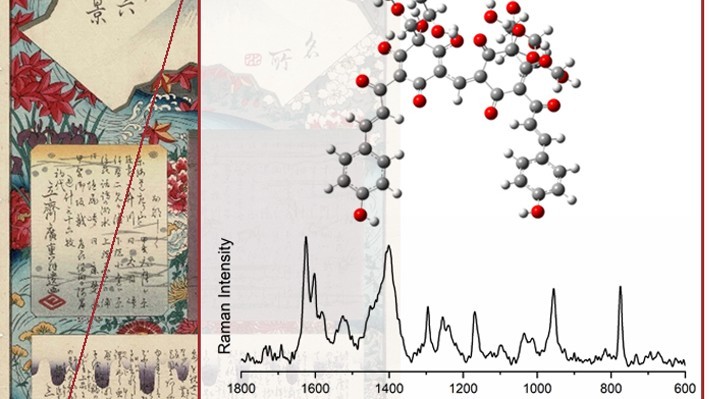
SERS technique for dyes used in artworks and drugs
Mª Vega Cañamares Arribas
Tenured Scientist
| mvca@iem.cfmac.csic.es | |
|---|---|
| Phone | +34 91 5616800 ext 942244 |
| webpage | Here |
| fax | +34 91 5645557 |
| office | 222 |
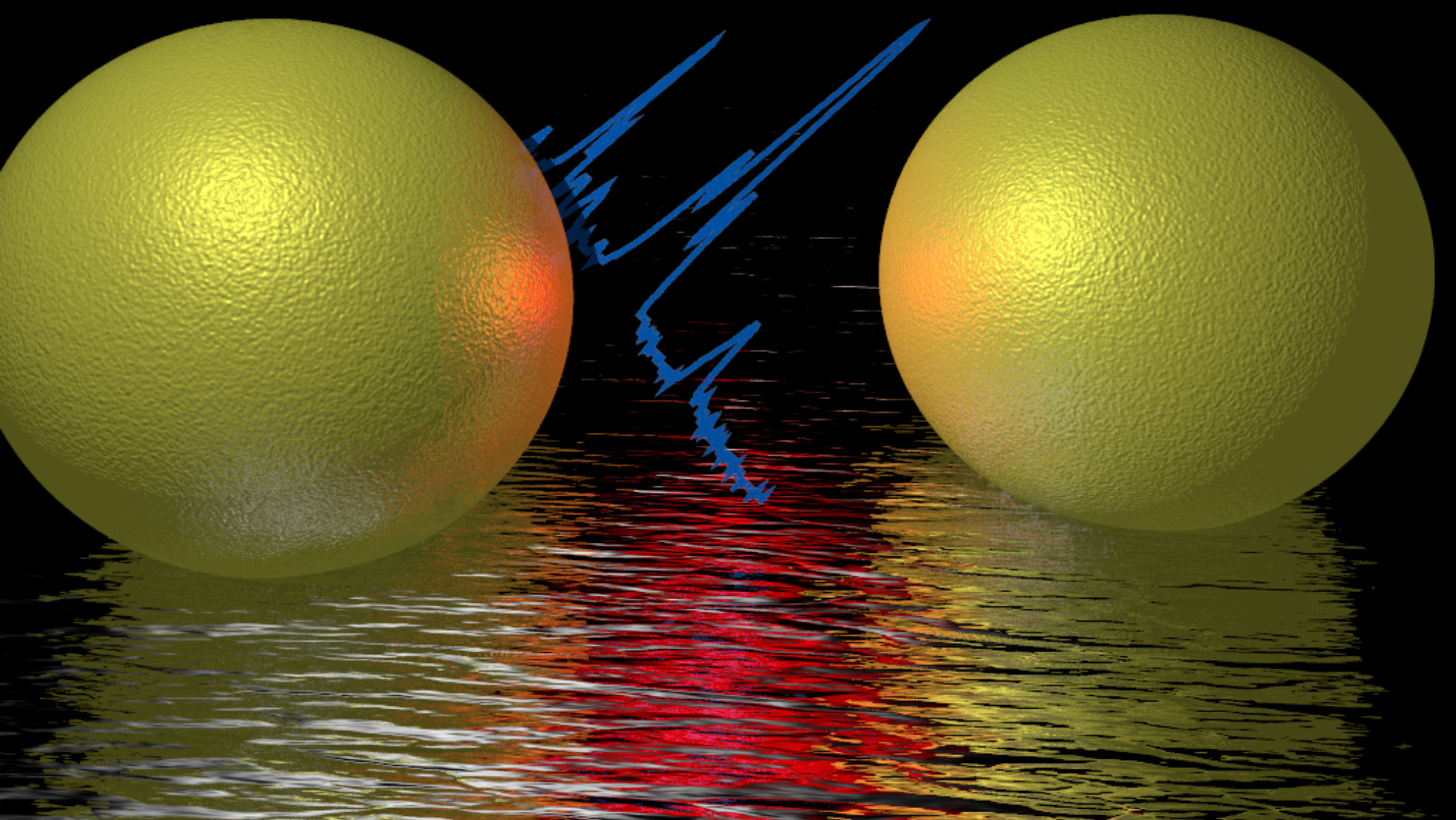
Theoretical NanoPhotonics
Vincenzo Giannini
Tenured Scientist
| v.giannini@csic.es | |
|---|---|
| phone | +34 91 5616800 ext 942223 |
| webpage | www.GianniniLab.com |
| fax | +34 91 5645557 |
| office | 223 |
Non permanent Scientific Staff
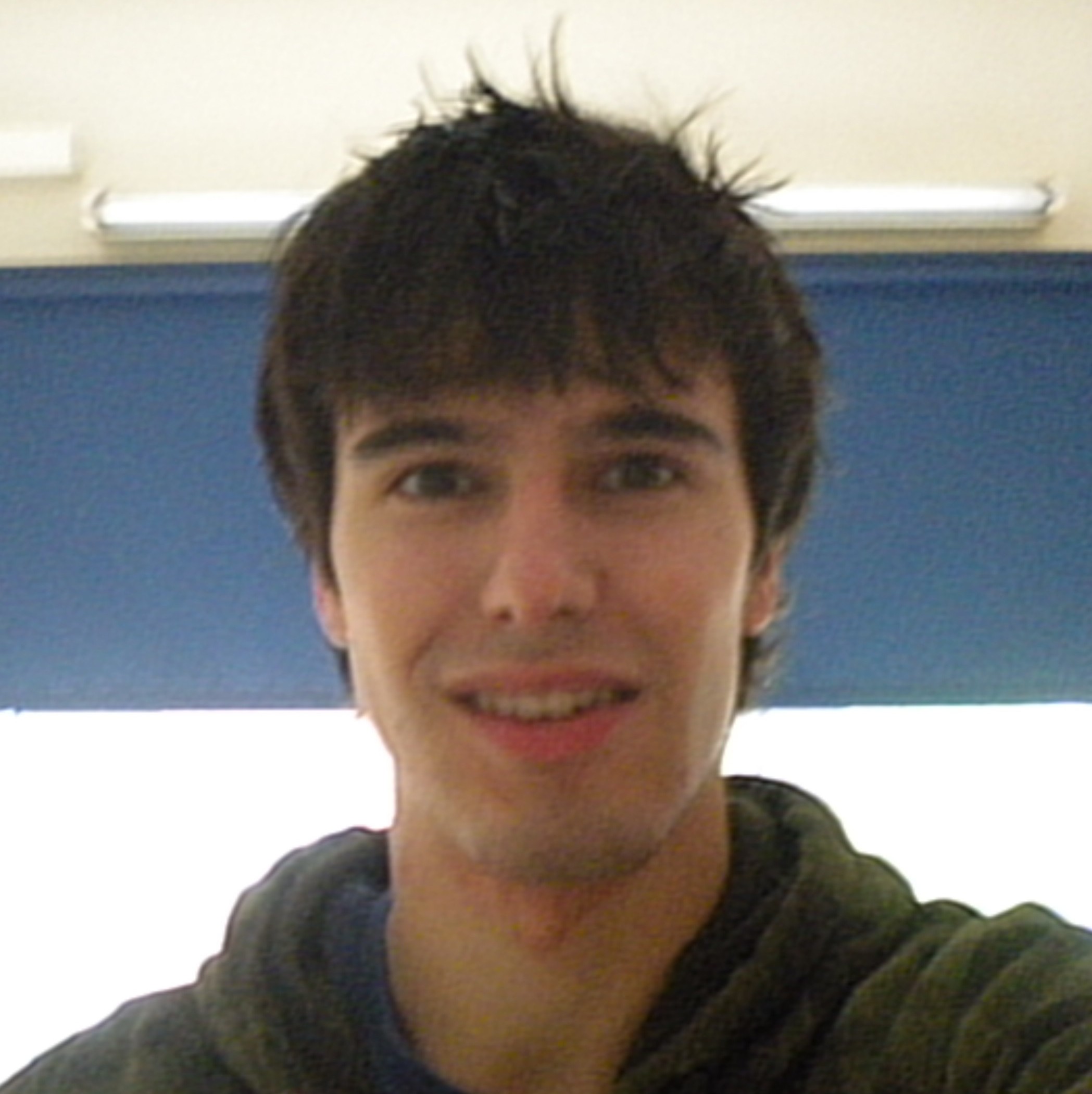
Diego Romero Abujetas
PhD Student
| diego.romero@iem.cfmac.csic.es | |
|---|---|
| Phone | +34 91 5616800 ext 942243 |
| fax | +34 91 5645557 |
| office | 236 |
Former members
- Prof. José Vicente García Ramos (retired)
- Prof. Concepción Domingo (retired)
- Dr. Ramón Paniagua Domínguez, Data Storage Institute, A*Star, Singapore
- Dr. Luis Froufe, now at the Freiburg University (Switzerland)
- Dr. Luca Guerrini, University of Glasgow (UK)
- Dr. Mª Rosa López Ramírez, University of Málaga (Spain)
- Dr. Jana Kubackova, P. J. Safárik University of Kosice (Slovakia)
- Dr. Zuzana Jurasekova, P. J. Safárik University of Kosice(Slovakia)
- Dr. María Lorena Roldán, Metropolitan Museum of Art. New York (USA)
- Dr. Elena Del Puerto Nevado
- Dr. Irene Izquierdo Lorenzo, ICD-LNIO, Université de Technologie de Troyes (France)
- Dr. Fernando López-Tejeira Sagués, University of Zaragoza (Spain)
Labs

The Surface Spectroscopies & Surface Plasmon Photonics Group laboratory has a great experience in the fields of preparation of nanostructured metallic surfaces with plasmonic properties, the characterisation of surfaces by spectroscopic and microscopic methods, functionalisation of metal nanostructured surfaces and application of these surfaces to the study and detection of ligands with chemical and/or biological interest. The research facilities are divided in different laboratories where we have the next instrumentation equipment: - Sample Preparation Laboratory: include all necessary equipment for nanofabrication as well as the characterization of nanoestructured metallic surfaces. - UV-VIS Laboratory: equipped with a UV-VIS UV-3600 Shimadzu Spectrophotometer and Integrating Sphere Assembly covering the 200-3300 nm spectral region, an EasyLife VTM lifetime fluorometer and a L-45 Perkin-Elmer Luminescence Spectrometer. - Raman Laboratory: eqquiped with the following instruments: Renishaw Raman RM2000 Spectrophotometer, equipped with excitation lines at 514.5 nm (Ar+ laser), 632.8 nm (He/Ne laser), and at 785 nm (diode laser). Renishaw Raman InVia Reflex Spectrophotometer, equipped with excitation lines at 325 and 442 nm (HeCd laser), 532 nm (Nd:YAG laser), and at 785 nm (diode laser), and with a Mapping and StreamLine System. Bruker FT-Raman MultiRam Spectrophotometer, equipped with an excitation line at 1064 nm (Nd:YAG laser). DeltaNu Inspector Raman, equipped with an excitation line at 785 nm (diode laser).







